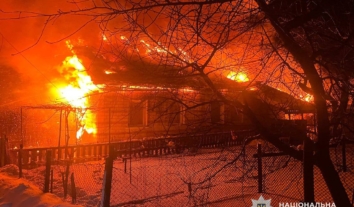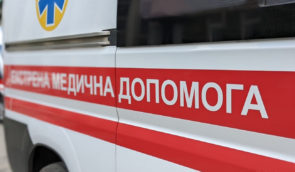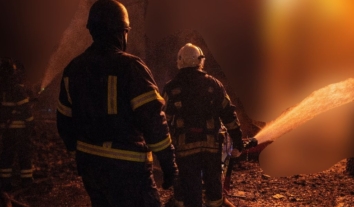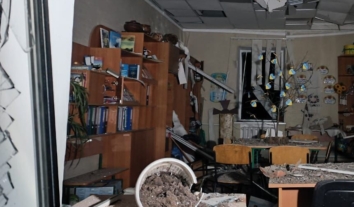Zelenskyy called Putin’s ultimatum a revival of Russian Nazism
Ukrainian President Volodymyr Zelenskyy called Vladimir Putin’s proposal to end the war on his terms an ultimatum, and his actions a revival of Nazism.
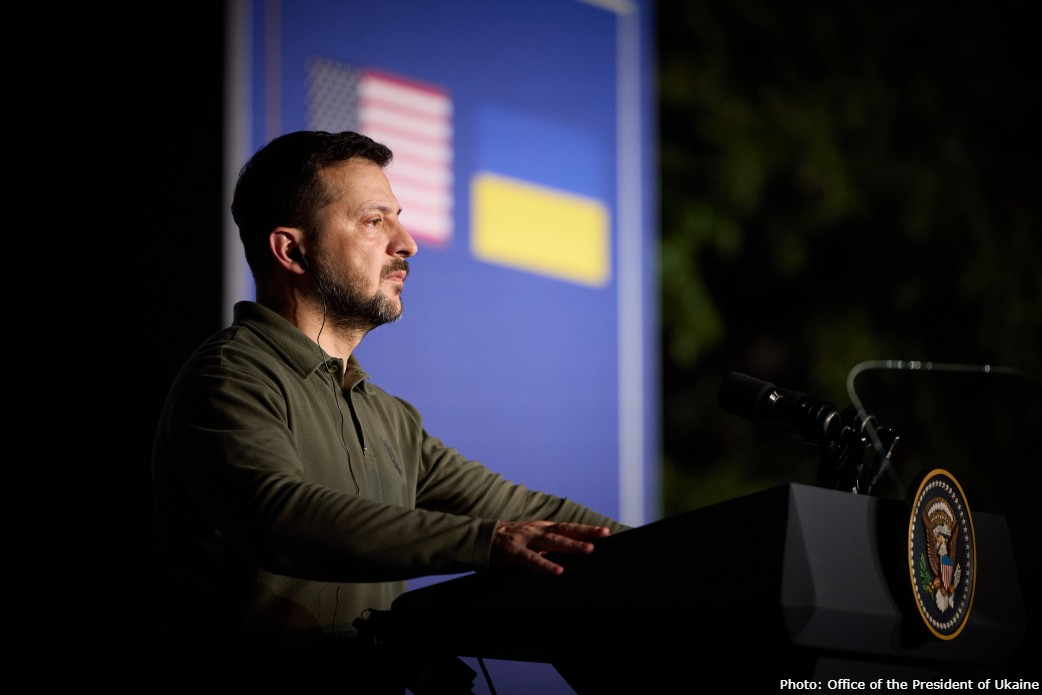 Volodymyr Zelenskyy
Volodymyr ZelenskyyA day earlier, Vladimir Putin reiterated that he is “ready for peace talks”, but that Ukraine must withdraw its troops from all Ukrainian regions temporarily occupied by Russia.
“What can I say? These messages are ultimatums. They are no different from other ultimatums that he has made before,” Zelenskyy said in an interview with Italian news channel Sky TG24.
“Now we see that what he is doing is the revival of Nazism. This is a new wave of Russian Nazism. He wants us to give up our occupied territories, but he also wants our unoccupied territories. He talks about the regions of our country and is not going to stop. There will be no frozen conflict,” the head of the Ukrainian state said.
According to him, “This is the same thing that Hitler did when he said: give me part of Czechoslovakia, and everything will end here.” “But no, this is a lie, a historical lie. Then there was Poland, then the occupation of all of Europe. You know that this wave of Nazism never stops… You should not trust these reports, because Putin is following the same route. Today he is talking about four regions, previously spoke about Crimea and Donbas… He doesn’t care what happens to people, this is the new face of Nazism,” Zelenskyy added.
On top of that, Advisor to the Head of the Presidential Office Mykhailo Podoliak said the content of the “peace proposals” to Ukraine, voiced by Putin on the eve of the inaugural Peace Summit, is extremely offensive to international law. It also does not contain any real desire of Vladimir Putin to end the war.
“In his words, ‘point by point’ the ‘proposal of Russia’ looks like this: 1. Give us your territories. 2. Give up your sovereignty and your subjectivity. 3. Leave yourselves unprotected (do membership in alliances). 4. Lift (together with Western countries) all sanctions in full and immediately so that we [Russia] can fill our militarized economy and make more investments in information provocations around the world. Most importantly, 5. Let’s urgently fix the ‘not/failure of Russia’ at the expense of Ukraine,” Podoliak said.
According to him, there is no novelty in this, no real peace proposals and no desire to end the war. But there is a desire not to pay for this war and to continue it in new formats.
“It’s all a complete sham. Therefore – once again – get rid of illusions and stop taking seriously the ‘proposals of Russia’ that are offensive to common sense,” Podoliak said.
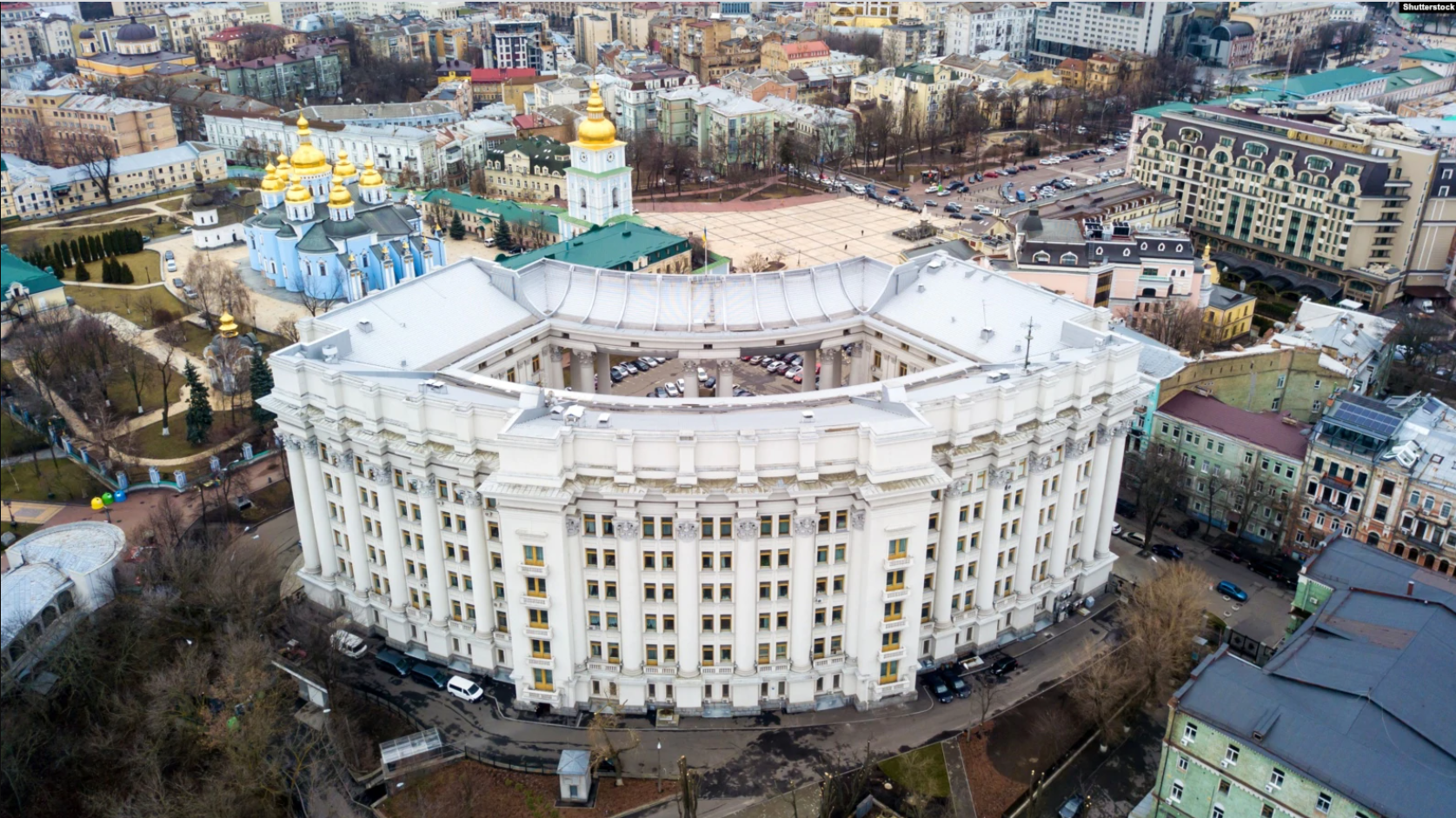 Ministry of Foreign Affairs of Ukraine
Ministry of Foreign Affairs of UkraineThe Ministry of Foreign Affairs of Ukraine called another series of statements by Putin manipulative. According to the MFA of Ukraine, Russia’s statements aimed at misleading the international community, undermining diplomatic efforts to achieve a just peace and shattering the unity of the world majority around the purposes and principles of the UN Charter.
It is absurd for Putin, who planned, prepared, and executed, together with his accomplices, the largest armed aggression in Europe since the Second World War, to present himself as a peacemaker and to put forward options for ending the war he started that undermine the foundations of the international legal order and the UN Charter.
By throwing such signals into the information space on the eve of the inaugural Global Peace Summit in Switzerland, Putin pursues only one goal: to prevent leaders and countries from participating in this summit. The fact that Putin’s statements appeared just one day before the summit is evidence that Russia is afraid of true peace, it goes on in the MFA’s statement.
Ukrainian diplomats voiced confidence that “all peace-loving countries that respect the UN Charter and sincerely seek to restore peace in Ukraine are well aware of the real motives behind Russia’s statements and will not allow themselves to be misled”.
Putin does not seek peace, he seeks to divide the world. He is well aware that the powerful voice of the world that will be heard at the Global Peace Summit in Switzerland will be the first practical step towards a just peace. Russia's plans are not for peace, but for the continuation of the war, the occupation of Ukraine, the destruction of the Ukrainian people, and further aggression in Europe.
The Ministry of Foreign Affairs of Ukraine reminded the audience Ukraine never wanted this war, and like no other country in the world, Ukraine wants it to end. However, the efforts of one country are not enough to force Russia to stop its aggression.
According to the statement, Ukraine needs a powerful and effective international coalition of states that share the principles of a just peace based on the Peace Formula and the UN Charter, with which it fully complies.
The participation of as many countries and international organisations as possible in the inaugural Global Peace Summit is critical to forcing Russia to abandon ultimatums and move to good-faith negotiations to end the war, rather than making propaganda statements under the guise of horrific missile attacks on Ukraine, the MFA of Ukraine stated.
By way of background, the Grand Mufti of Crimea Ayder Rustemov and the Mufti of the Spiritual Directorate of Muslims of Ukraine “Ummah” Murat Suleymanov, on the eve of the Peace Summit, called on the governments of Muslim countries to support Ukraine’s efforts to establish a “comprehensive, just and lasting peace”.
The President of the Swiss Confederation, Viola Amherd, opened a two-day Global Peace Summit at the Bürgenstock Resort on Saturday, June 15, to discuss the Ukrainian Peace Formula.
According to the Swiss government, the summit’s aim is to “initiate a peace process, generate trust and outline ideas for the next steps towards such a process”.
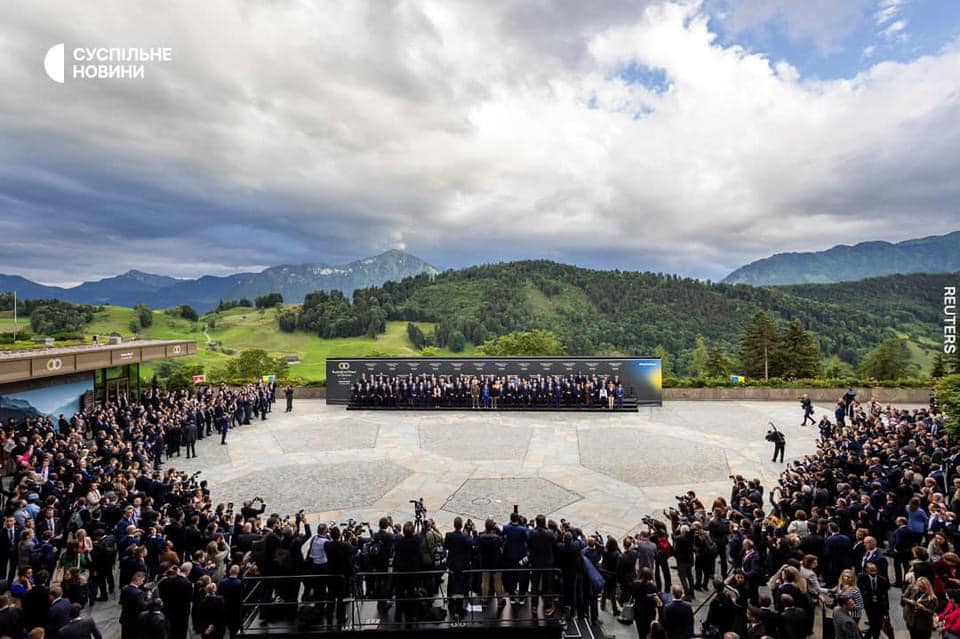
One hundred one delegations, including 57 heads of state and government from around the world, are set to attend. Russia has not been invited to the summit, having declined to take part on several occasions. All attendees will be able to outline their vision for a just and sustainable peace in Ukraine.
This year’s Summit’s agenda includes plenary sessions and discussions focusing on three aspects of the Peace Formula: nuclear security, food security, and the humanitarian dimension.

